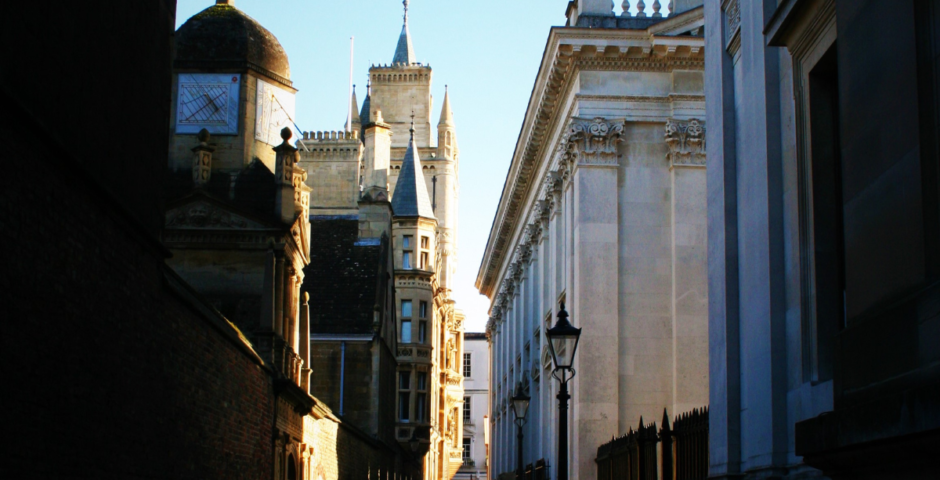
Cambridge academics to vote this term on whether to accept fossil fuel money
It would be the first university in the world to do so
The University of Cambridge will become the first university in the world where academics hold a democratic vote on whether or not they should accept fossil fuel money for research. The vote has been brought forward at Regent’s House by 84 senior academics.
Regent’s House is the university’s system made up of academic and senior administrative staff of the University and Colleges. Members of Regent’s House are allowed to initiate graces for consideration, which are binding if passed through a vote.
The grace requires members to agree to a policy of no longer accepting research funding, sponsorship or other collaborations with companies if they meet one or more of the following criteria:
1) They are constructing, or facilitating the construction of, new fossil fuel infrastructure.
2) They are engaged in exploring, or facilitating the exploration of, new fossil fuel reserves.
3) They retain memberships with trade associations engaged in political lobbying against science-based climate legislation.
Cambridge currently has multiple ongoing partnerships with oil, coal and gas companies. Reports have found that the University has accepted nearly 15 million from oil companies since 2017.
A University spokesperson commented that these “partnerships support world-leading research which is critical to the energy transition, including battery technology, solar energy and aviation technology. The University currently works with partners who are carefully assessed and chosen because they have highly specialist skills and expertise, scale, and access to global markets which can help significantly accelerate the transition towards Net Zero.
“The criteria for collaboration include an assessment from experts who are asked to focus on whether the work contributes to the energy transition. The issue of collaboration remains under discussion within the University.”
The grace would not necessarily end these partnerships immediately, as it would still need to pass through the University Council.
Subject to the procedural approval of the University Council, the proposal will proceed to a ballot during the Michaelmas 2022 Cambridge University Term, where more than 6,000 senior academics will have the opportunity to cast their vote.
The proposal also suggests that the University’s fundraising arm should conduct alternative fundraising activities to replace the funding traditionally received from fossil fuel companies.
The vote comes after years of campaigning from students, academics and community groups. Global coalition of activists, Fossil Free Research, stated that “as with public health research and tobacco industry funding, if our universities are to produce independent, credible climate research that protects academic freedom and addresses the climate emergency, institutions like Cambridge must urgently end Big Oil’s capture of higher education institutions. We hope others soon follow.”
They also added “as they weigh their decision – we hope they will hold in their minds those who do not have a vote in this ballot, but for whom its outcome will be decisive: from the frontline communities in the Global South already experiencing devastating climate impacts to the students and young people whose futures hang in the balance.”
Student campaigner Beth Doherty, associated with Cambridge Climate Justice and Fossil Free Research, commented that this vote is an “opportunity for Cambridge academics to take a decisive stand in favour of climate justice, academic freedom and integrity, and effective research.It follows years of campaigning for institutions like Cambridge to end the fossil fuel industry’s influence on higher education institutions.”
She continued, “we hope many others will follow, and we urge Cambridge academics to vote in favour of climate justice, and credible research.”
Feature image credits: Keira Quirk









































